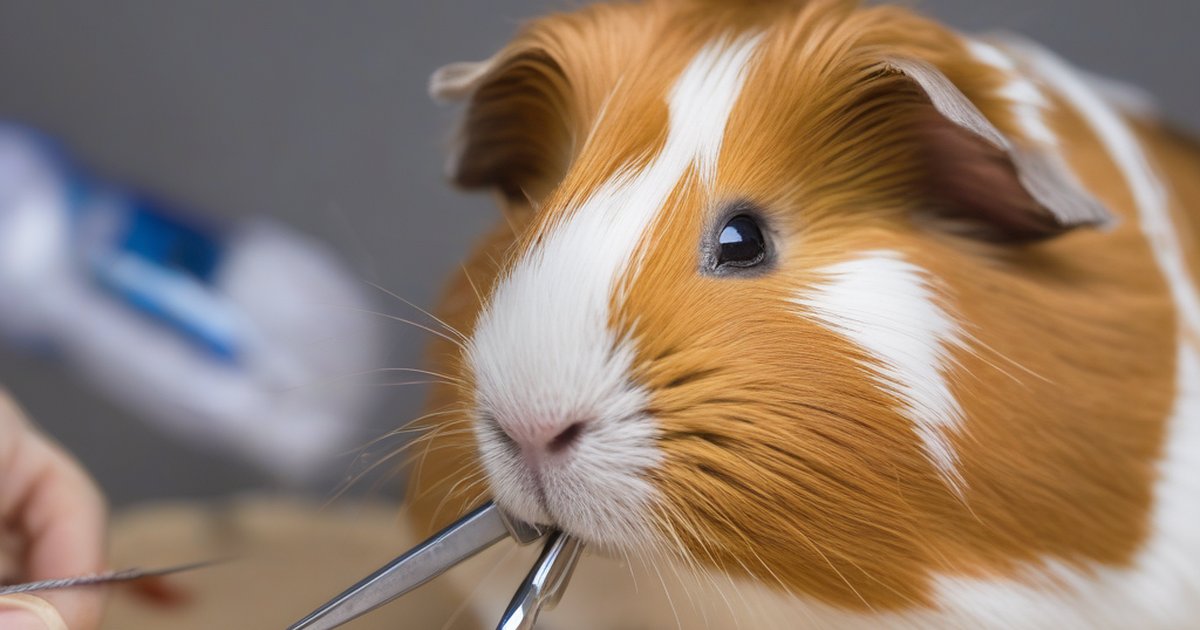Introduction
If you share your home with a rabbit, you already know how charming, social, and expressive these small pets can be. But did you know that dental disease is one of the most common—and often hidden—health issues affecting rabbits today? Recent research has revealed that a surprising number of pet rabbits quietly endure painful dental problems, sometimes without showing obvious signs until the disease becomes severe.
A new large-scale study out of the UK has taken a closer look at just how widespread dental disease is among pet rabbits, shedding light on who’s most at risk and what owners can do to help. This research is particularly relevant for anyone who wants to safeguard their rabbit’s health and wellbeing, as dental issues can have serious consequences if left unchecked.
Research Background
Historically, our understanding of dental disease in rabbits has been limited by small studies or data from specialized veterinary clinics. This made it difficult to know how common these problems truly are in the general pet rabbit population, or which rabbits are most at risk. Many owners and even some professionals have believed that certain breeds—like lop-eared or short-faced rabbits—are inherently more prone to tooth troubles.
This new study, led by Jackson and colleagues and published in Veterinary Record, leverages the expansive VetCompass database, capturing health records from over 1,500 UK veterinary practices. By analyzing data from more than 160,000 pet rabbits, researchers were able to provide the first truly population-level insight into the prevalence and risk factors for dental disease in everyday pet rabbits, not just those referred for specialized care.
Study Details
This research was designed as a retrospective cohort study, meaning the scientists looked back over existing health records to identify patterns and risk factors in a large group of animals. Here’s a snapshot of how the study was conducted:
- Data source: VetCompass Programme, Royal Veterinary College
- Study period: Calendar year 2019
- Total rabbits analyzed: 161,979
- Cases of dental disease identified: 2,219
- Veterinary practices involved: Over 1,500 across the UK
Researchers reviewed electronic health records to identify cases of dental disease and analyzed how factors like age, body weight, sex, and breed influenced the risk of developing dental problems.
Key Findings
Primary Results
The study’s headline finding is striking: about 1 in 7 pet rabbits (15.4%) seen in UK veterinary practices during 2019 were diagnosed with dental disease. This means dental problems are not just common—they are among the most prevalent health issues rabbits face in veterinary care.
Certain rabbits faced a much higher risk than others. Rabbits aged 5 years or older were 7.6 times more likely to develop dental disease than juvenile rabbits. This highlights age as a major factor in dental health, with senior rabbits being particularly vulnerable.
Low body weight also emerged as a significant risk. Rabbits weighing less than 1.5 kg had a higher risk of dental disease compared to those over 2 kg, suggesting that smaller or underweight rabbits may need extra attention when it comes to dental checks.
Male rabbits were found to have a 1.23 times higher risk of dental disease compared to females—a modest but important difference.
Secondary Findings
Perhaps most surprising was the discovery that breed, specifically being lop-eared or short-faced, did not significantly increase dental disease risk once age and weight were taken into account. This challenges previous assumptions and suggests that all rabbits—regardless of ear shape or face type—can be at risk if other factors are present.
The study also underscored a critical welfare issue: many rabbits suffer from dental pain without their owners realizing it. Because rabbits are prey animals, they often hide signs of discomfort, making regular veterinary exams crucial for early detection.
Implications for Pet Owners
What This Means for You
The high prevalence of dental disease found in this study sends a clear message: all rabbit owners should prioritize regular dental health checks, even if their pet seems perfectly healthy. Since age and low body weight are significant risk factors, it’s especially important to monitor older and smaller rabbits, but no rabbit is immune.
Simple steps you can take include:
- Scheduling annual veterinary dental check-ups—more frequently for older or at-risk rabbits
- Monitoring your rabbit’s eating habits; reluctance to eat, drooling, or dropping food can be subtle signs of dental discomfort
- Providing a diet rich in high-quality timothy hay and fibrous greens, which promotes natural tooth wear and helps prevent overgrowth
When to Consult Your Veterinarian
Early dental disease can be silent, but watch for these red flags:
- Decreased appetite or selective eating
- Weight loss
- Drooling or wet fur around the mouth
- Grinding teeth (a sign of pain)
- Changes in behavior, such as hiding or reduced grooming
If you notice any of these signs—or if your rabbit is older or underweight—it’s time to schedule a veterinary dental exam. Only a veterinarian can thoroughly examine your rabbit’s teeth and catch problems before they become severe.
Study Limitations
Like all research, this study has some limitations. The data relied on veterinary records, which may miss cases where dental disease was present but not diagnosed. Not all risk factors—such as specific diet or home care—could be assessed, and the findings reflect the UK pet rabbit population, which may differ from rabbits elsewhere. Future research could explore how environmental and dietary factors interact with age and weight to affect dental health.
Bottom Line
Dental disease is alarmingly common among pet rabbits, affecting around 15% each year according to the largest study to date. Age, body weight, and sex are key risk factors, but no rabbit is completely safe from tooth problems. Regular veterinary dental checks are essential—even if your rabbit shows no obvious symptoms—because many bunnies suffer in silence.
By staying alert to subtle changes, providing an appropriate diet, and partnering with your veterinarian, you can help protect your rabbit’s dental health and overall wellbeing. Remember: a healthy mouth is vital to a happy, pain-free rabbit life.
Recommended Products
Based on the research findings discussed in this article, we’ve carefully selected these top-rated products to help you implement the study’s recommendations for supporting your rabbit’s dental health. These products are chosen for their quality, customer satisfaction, and alignment with the scientific evidence presented.
Kaytee All Natural Timothy Hay for Guinea Pigs, Rabbits & Other Small Animals, 12 Pound
Oxbow Essentials Rabbit Food, Young Rabbit, Made with Oxbow Timothy
Kaytee All Natural Timothy Hay Plus Marigolds for Guinea Pigs, Rabbits & Other Small Animals
52Pcs Rabbit Chew Sticks, Guinea Pig Toys, Natural Timothy Grass Molar Teeth Stick
Disclosure: We only recommend research-based products that support your pet’s health. As an Amazon Associate, we earn from qualifying purchases at no additional cost to you—helping us fund our mission to provide cutting-edge research to all pet lovers.
Disclaimer
This article summarizes peer-reviewed research for educational purposes. Always consult with your veterinarian for personalized advice about your pet’s health and behavior.



